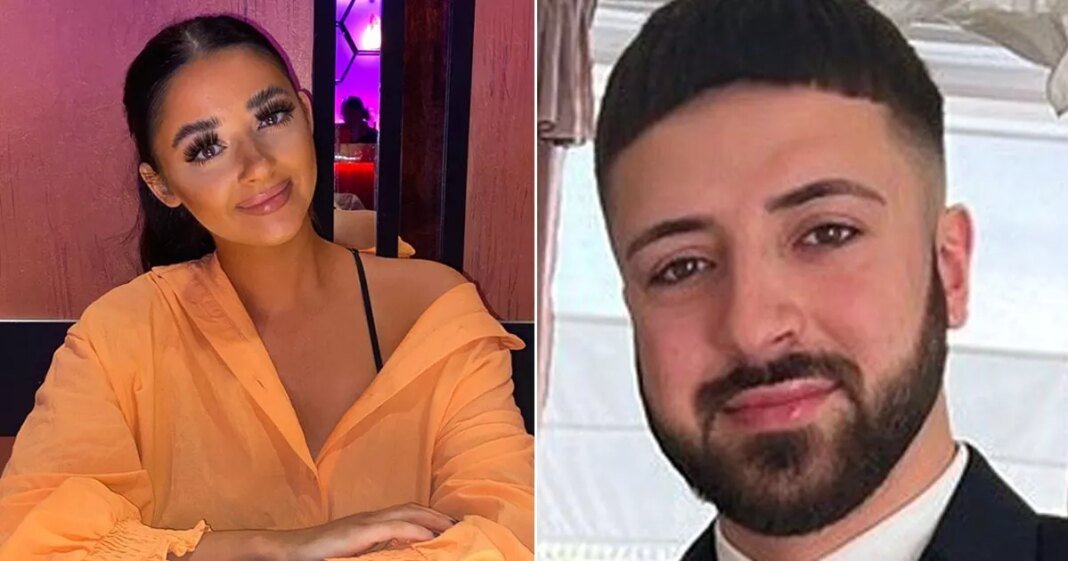‘Kyle Cliffordâs vengeful massacre shows lengths some men will go to to control women’
The recent sentencing of Kyle Clifford for the brutal murders of Louise Hunt, her sister Hannah, and their mother Carol has once again highlighted the grave dangers faced by women attempting to leave abusive relationships. Despite overwhelming evidence, including DNA linking him to his crimes, he denied raping Louise, claiming it was a prior sexual encounter.
His attempt to distort the narrative shows the pervasiveness of how, in our justice system, even in death, women are subjected to victim-blaming and having their voices silenced by those perpetrating violence against them.
As a family law barrister representing women survivors every day, Iâve witnessed first-hand the myriad challenges they confront when seeking to escape abuse. Itâs not only physical abuse either; economic abuse presents barriers, with 21.1% of survivors reporting abusers retained control of essential documentation, hindering their ability to flee, secure housing, employment, or financial safety (Womenâs Aid); it can cost around £50,000 to establish a safe life.
On average, it takes seven attempts before a woman can leave an abusive partner for good, according to statistics from Refuge. Louiseâs courageous decision to escape Clifford placed her in the crosshairs of the abuse cycle.
Itâs well documented that the period following the decision to leave is the most dangerous for survivors, as abusers escalate their tactics to maintain control. Cliffordâs calculated and vengeful response, the massacre of Louiseâs family, shows the lengths some men will go to.
I never again want to hear anyone say, âWell, why didnât she just leave?â We need a stronger legal framework to prevent these tragedies in the future. Enhanced support systems, like accessible refuges and financial assistance, can empower survivors to leave abuse safely, but the resources that do currently exist, are constantly doing so under the pressure of securing funding to maintain these life-saving services. The government has promised to halve VAWG in a decadeâthey need to pour resources into the support provision sector to accomplish that.
We need public awareness campaigns, educational programs targeting toxic masculinity and misogyny, and to stop platforming violent misogynistic content from individuals like Andrew Tate, whom Clifford watched in the hours leading up to his crimes. We have to address the root causes of male violence against women and girls.
Cliffordâs brutality didnât happen in isolationâthey were reinforced and fuelled by an ideology of violent misogyny. Prosecutors said that Clifford watched up to ten Tate videos the day before his attack. He immersed himself in a worldview that glorifies male dominance, dehumanises women, and justifies control through violence.
Tate, a man who built a global following by preaching toxic masculinity and the subjugation of women, remains disturbingly influential among young men, despite his rhetoric normalising abuse.
His platform is built on arrogance and aggression. It has turned into a recruitment ground for those seeking validation for their worst impulses, a pipeline pushing disenfranchised men further into extremism. The fact that he continues to amass followers, despite the harm, is an indictment of our societyâs failure to combat the radicalisation of men into misogynistic violence.
In my book, He Said She Said, I delve deeper into these systemic issues, exploring the pervasive nature of misogyny and its manifestation in male violence.
Through the lens of the law, the book sheds light on the enduring struggles for justice faced by survivors. Louise Hunt’s story is a reminder of the urgent need for societal and systemic change to protect those most vulnerable.
Itâs our collective responsibility to ensure that survivors are supported, perpetrators are held accountable, and atrocities like these are prevented in the future.
He Said She Said by Dr Charlotte Proudman will be released on May 1, available to pre-order now
Get email updates with the day’s biggest stories

